Exploring the Intersection of Science and the Concept of God
Written on
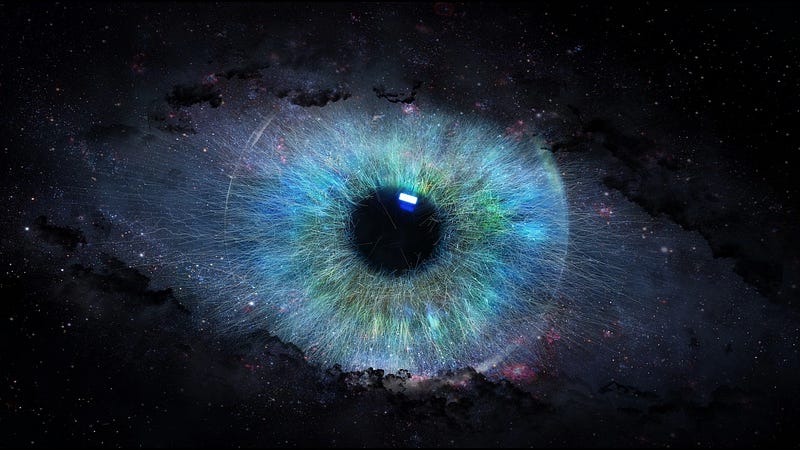
Can science definitively establish the existence of God? This question has long intrigued humanity, as we ponder the origins of our universe. Despite the vastness and complexity of everything around us, from Earth to the farthest galaxies, the absence of straightforward answers leaves us yearning for understanding. We can either engage in philosophical speculation or turn to scientific inquiry, which aims to reveal the truth through observation and experimentation.
Historically, scientific exploration was rudimentary, and answers to profound questions often relied on myths rather than evidence. Today, however, science provides the most accurate portrayal of reality available to us. Yet, this raises an important question: Are we limiting ourselves by relying solely on scientific perspectives? Dan Petkunas poses a thought-provoking inquiry:
> "Why do astrophysicists not address the possible existence of God? Do they have evidence ruling it out?"
The straightforward answer to the second question is "no." But the first question is more complex. Let's explore further.

When tackling questions that seem insurmountable, our curiosity leads us to a multitude of inquiries:
- What is the origin of humanity?
- What constitutes the fundamental building blocks of matter?
- How did Earth form, and what is its size?
- Is Earth as old as the Sun, or does one predate the other?
- Are there other planets similar to Earth orbiting other stars?
- How far does the universe extend: does it have an endpoint, or does it loop back?
- Did the universe emerge from nothing at a specific moment in time, or has it existed eternally?
These questions reflect our ongoing quest for knowledge about existence. While many compelling theories exist, we generally believe there is a correct answer for each.
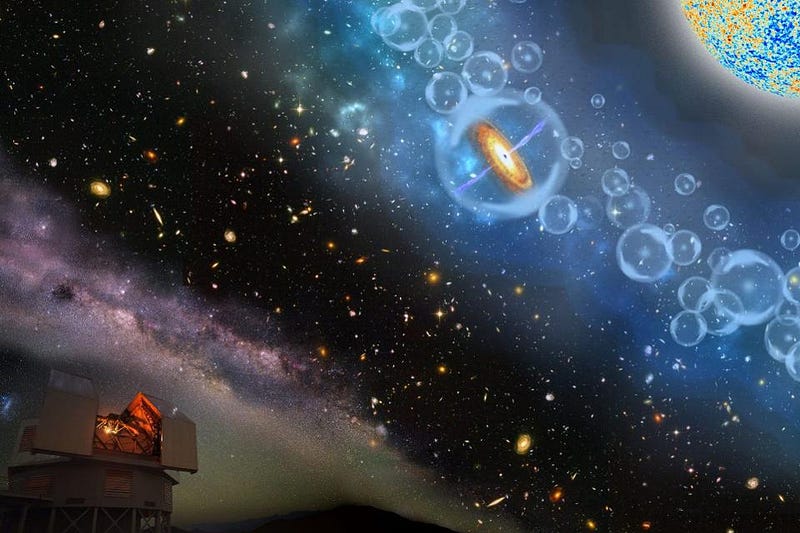
The key aspect that distinguishes scientific inquiry from other forms of exploration is the pursuit of accurate answers to these profound questions. While we can create narratives and arguments to support various theories, science demands that we test our hypotheses against observable data.
Testability is crucial in science, as it allows nature to determine the validity of our ideas. For instance, if gravity is exclusively a product of Earth's influence, we should witness objects falling toward it from anywhere in the universe. However, when we venture far enough from Earth, the gravitational pull diminishes, indicating that this interpretation is inadequate. Scientific investigation thus invalidates certain assumptions through experimentation and observation.
Conversely, the theory that all objects in the universe exert a gravitational force upon one another based on mass opens up avenues for experimentation. We can measure variations in distance, velocity, and acceleration among different objects and conduct inquiries on Earth and beyond. The predictions arising from this theory align closely with our observations.
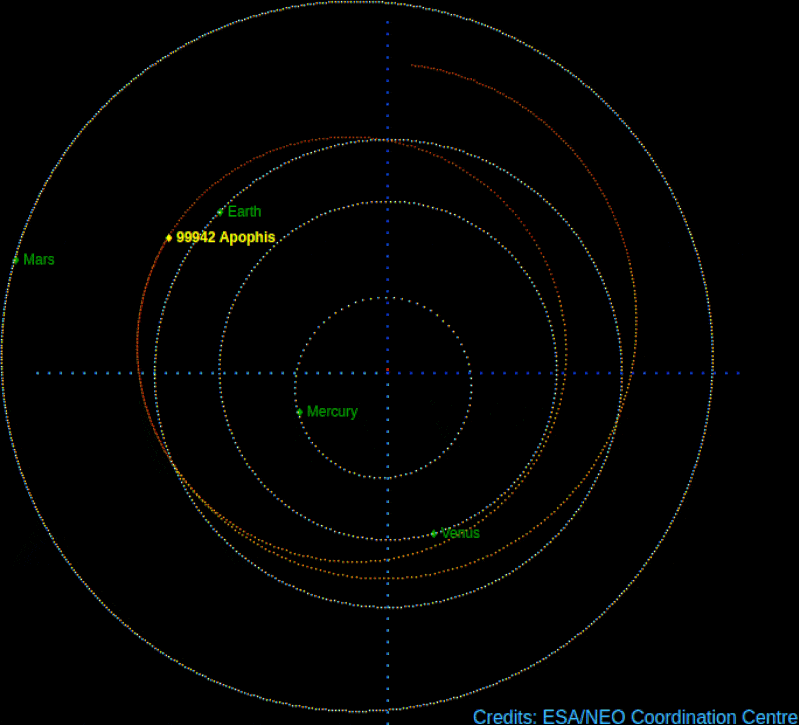
Does this mean we can confidently assert that "objects fall due to gravitational attraction"? Not necessarily. Science is a powerful tool, but it does not yield absolute truths; instead, it determines the validity of a concept within specific conditions. Newtonian gravity, for instance, has proven successful across numerous applications, from earthly objects to celestial movements. Yet, it does not hold in every scenario.
Numerous instances reveal discrepancies between Newton's predictions and empirical observations, such as the precession of Mercury's orbit or the varying rates of clocks at different elevations. Notably, light, despite being massless, bends in the presence of massive objects.
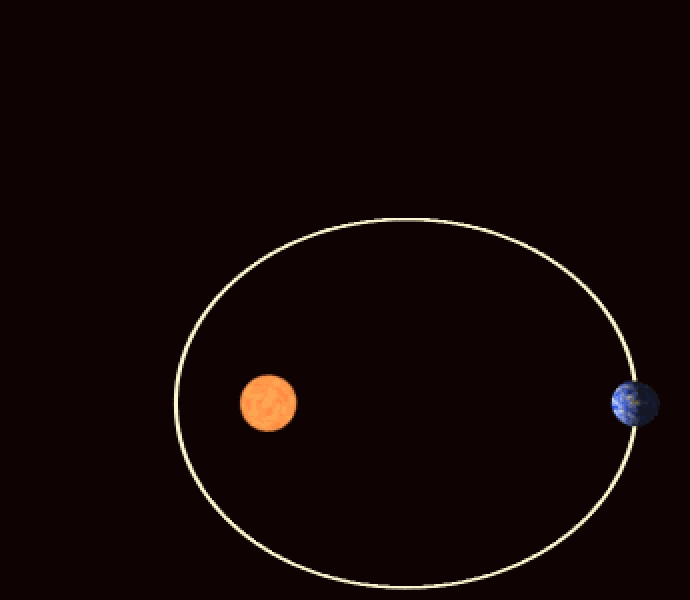
These inconsistencies present opportunities for scientific advancement. When a well-established theory fails to align with observations, it signals the need for a more comprehensive model. Competing theories, including Einstein's General Relativity, emerged to supersede Newtonian gravity by introducing the concept of spacetime—an intricate fabric that curves in response to mass and energy. This model has withstood rigorous testing, affirming its validity across various contexts.
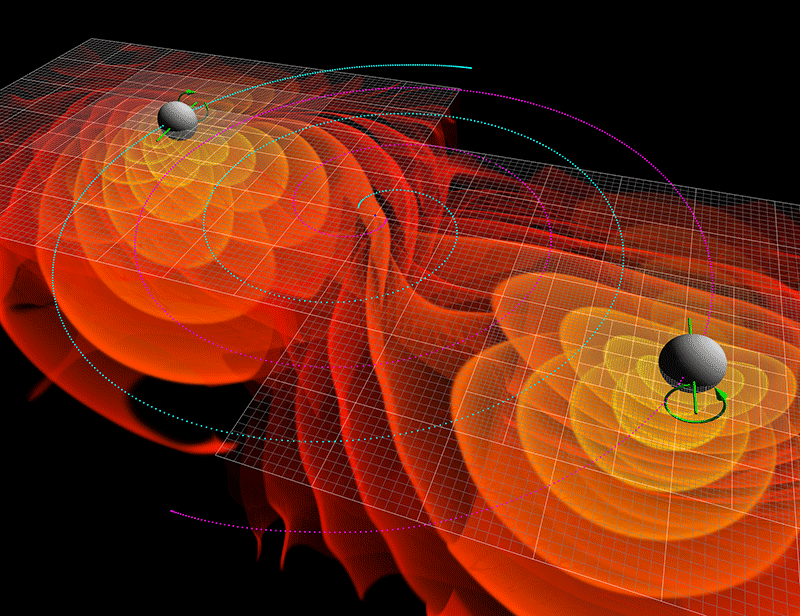
Scientific theories progress through their ability to accurately predict outcomes while explaining previously unaccounted observations. To replace an outdated theory, a new one must meet three criteria:
- It should replicate the successes of its predecessor.
- It must elucidate observations that the old theory could not.
- It needs to propose new predictions that differ quantitatively from the established theory.
Only by satisfying these criteria can a new theory achieve consensus as the foundation for future scientific exploration.
At its core, this process illustrates how science functions, from subatomic particles to the vast structures of the universe. Consequently, the concept of God is seldom invoked in scientific discourse, as it stands in contrast to the principles of scientific inquiry.
Science seeks to uncover truths about the universe through direct exploration and empirical evidence. Invoking God or supernatural explanations would imply a departure from seeking naturalistic answers to observable phenomena. The consistency of natural laws across varied conditions reinforces the validity of scientific inquiry.
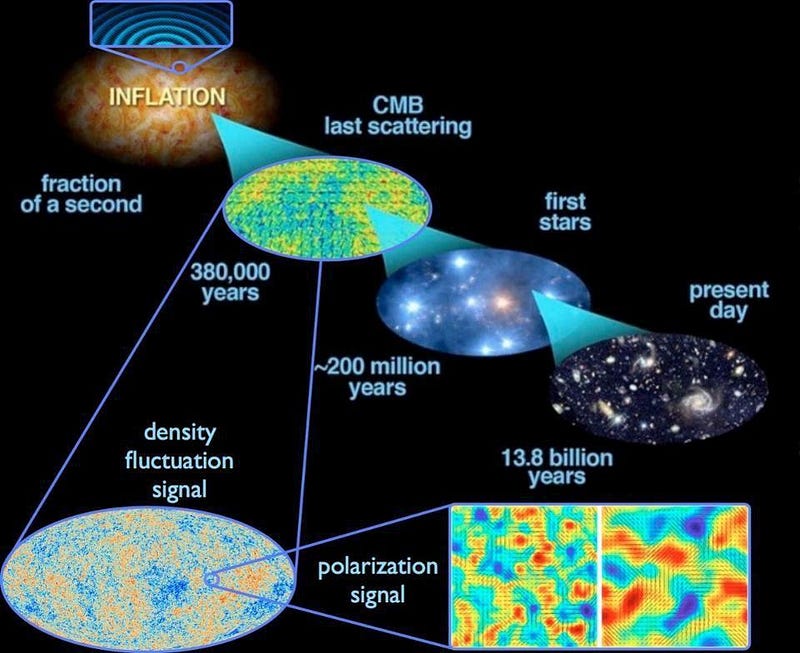
Astrophysicists do not dismiss the notion of God; rather, they aim to explain the universe through natural laws and relationships. The absence of frequent mentions of God in scientific literature arises from the sufficiency of natural explanations for observed phenomena.
Should evidence of supernatural involvement in our experiments arise, it would indeed revolutionize our understanding. Until then, natural explanations remain robust, spanning from the origins of the universe to the present day. The question of God's existence is yet to be tested through astrophysics, but it is crucial to maintain a scientific approach, as it continues to yield valuable insights into the fundamental truths governing our universe.
Send in your Ask Ethan question to startswithabang at gmail dot com!
Starts With A Bang is authored by Ethan Siegel, Ph.D., the writer of Beyond The Galaxy and Treknology: The Science of Star Trek from Tricorders to Warp Drive.